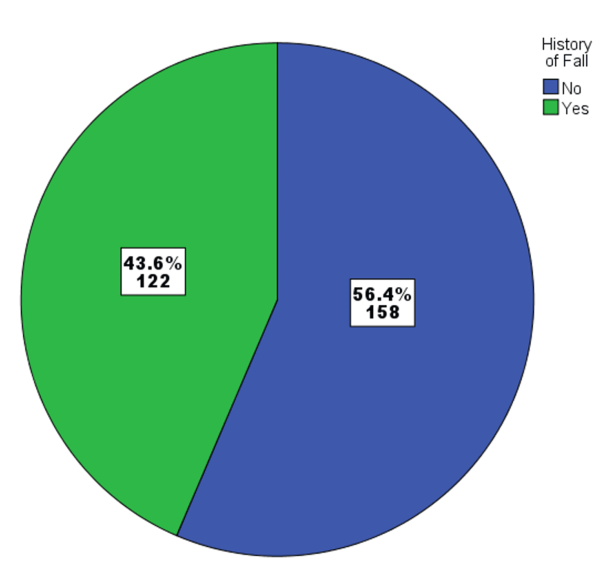
Introduction
Falls, a common yet critical health concern, especially among the elderly, pose significant risks. Globally, falls rank as the second leading cause of unintentional injury-related deaths, with over 680,000 fatalities annually, predominantly affecting developing regions. While falls can affect any age group, the elderly are particularly vulnerable. As people age, their body functions may decline, affecting their body balance, control over their bodies and eventually their overall coordination. Moreover, the risk of falls increases due to issues like weakened vision, hearing, muscular strength, compounded by medical conditions and medication side effects. Preventing falls among older adults is crucial for enhancing their quality of life and reducing healthcare burdens. Thus, an important step towards this goal is to raise awareness among the elderly and develop evidence-based intervention strategies.
Understanding Fall Prevention
Effective fall prevention strategies are essential in mitigating risks, particularly for high-risk populations. Interventions range from environmental modifications to tailored exercise regimes aimed at enhancing balance and strength. Medication reviews and vitamin D supplementation also play crucial roles in preventing falls, especially in individuals susceptible to such incidents.
Insights from a Study in Buraidah, Saudi Arabia
A recent study in Buraidah, Saudi Arabia, investigated the awareness levels and preventive measures adopted by elderly patients attending primary healthcare centres (PHCCs). Participants aged 60 to 98 years with a mean age of 63.7 years were included, excluding those in wheelchairs or with cognitive impairments. The study, encompassing a diverse sociodemographic characteristic, revealed a substantial history of falls among participants, demonstrating the prevalence of this issue. The rate of falls among older adults in Buraidah was 43.6% reporting falls over a two-year period (Figure 1). In contrast, studies from Riyadh and Tabuk in Saudi Arabia showed annual fall rates of 49.9% and 25.3%, respectively. Participants exhibited positive attitudes towards preventive measures, acknowledging the efficacy of interventions such as medication reviews and physical activity.

Challenges and Opportunities
The study assessed awareness through eight questions and preventive measures through ten questions. The results indicated that older adult females had more awareness about fall risks. Preventive measures included using assistive devices, non-slipping shoes, and safety alarms. Exercise programs focusing on balance and resistance training were also highlighted as effective strategies.
However, while many participants embraced preventive measures like regular medical and vision examinations, gaps were evident in medication safety practices and physical activity engagement. Furthermore, it was stated that guidance on fall risk and prevention was not provided to 75.4% of elderly patients. This finding highlighted the need for enhanced communication between healthcare providers and patients, with family, friends, and social media often serving as primary sources of fall prevention information.

Conclusion
Enhancing awareness about fall risks, particularly among vulnerable groups, is crucial. Addressing environmental hazards, promoting home safety modifications, and fostering greater engagement in physical activities are key strategies to prevent falls among older adults.
In conclusion, the study provides valuable insights into the significance of raising awareness and implementing evidence-based interventions to reduce the burden of falls among older adults in Buraidah, Saudi Arabia. Empowering healthcare providers with effective communication skills can enhance patient education on fall risks and prevention strategies, ultimately fostering a safer environment for the elderly population.
